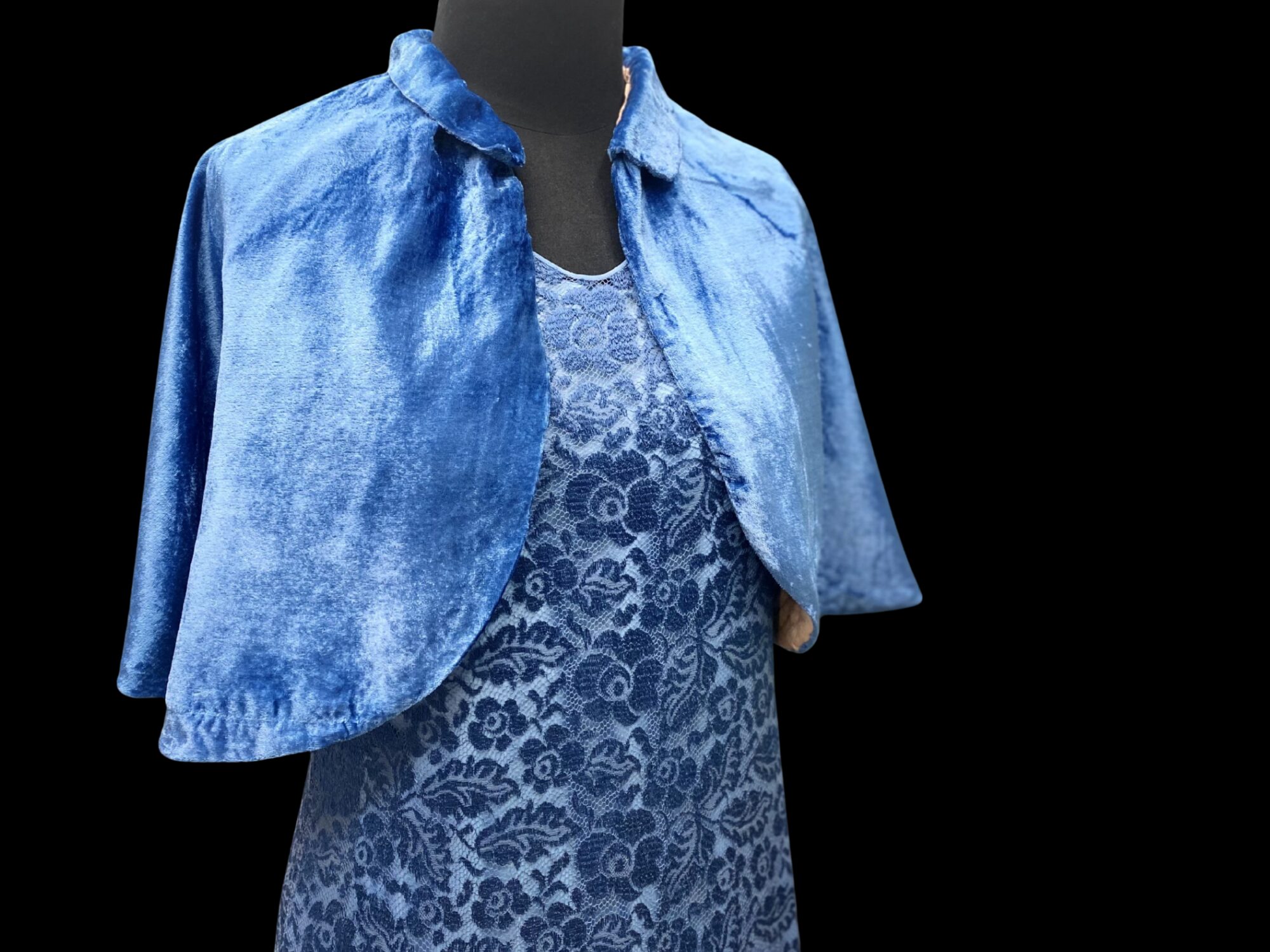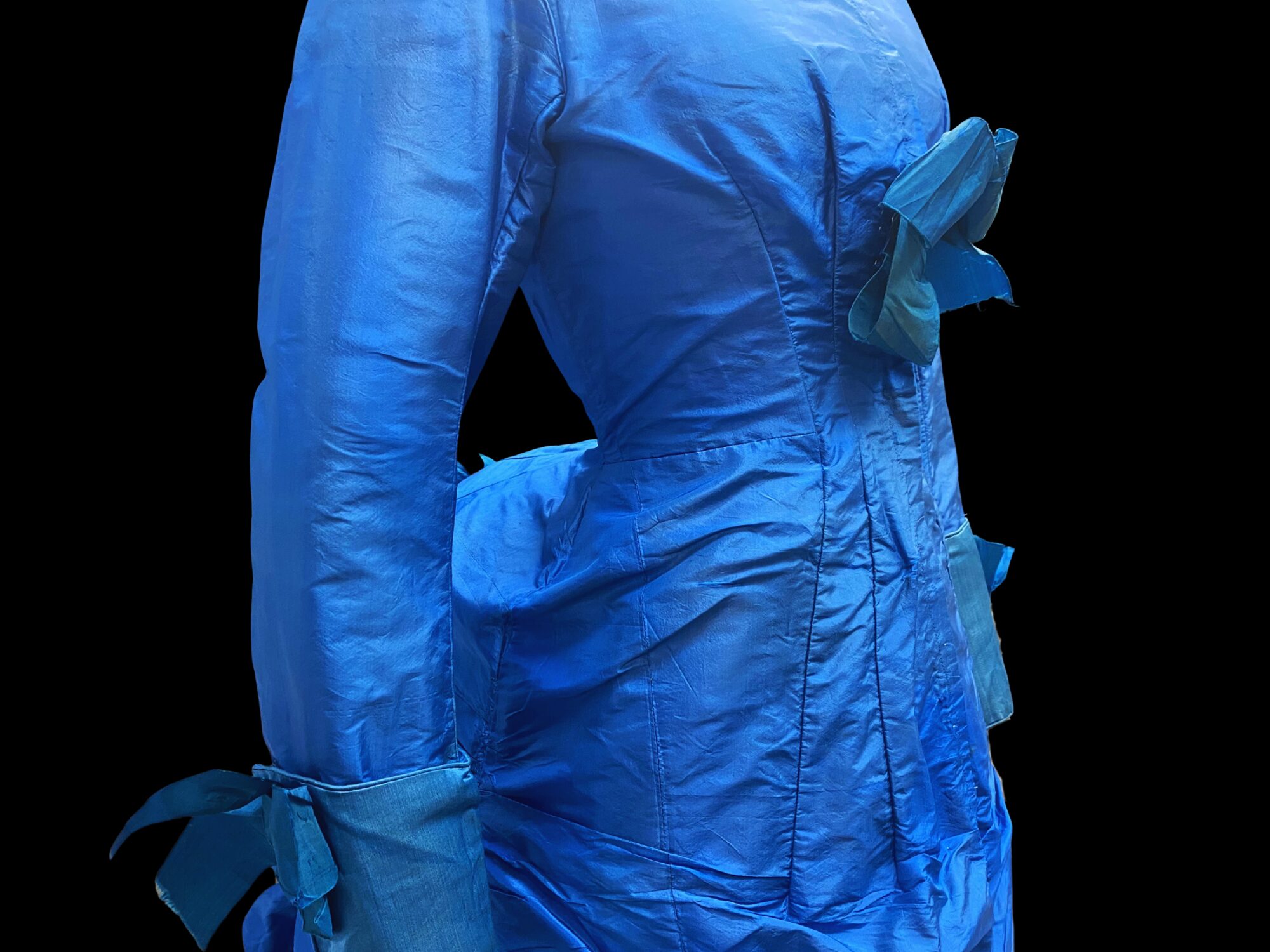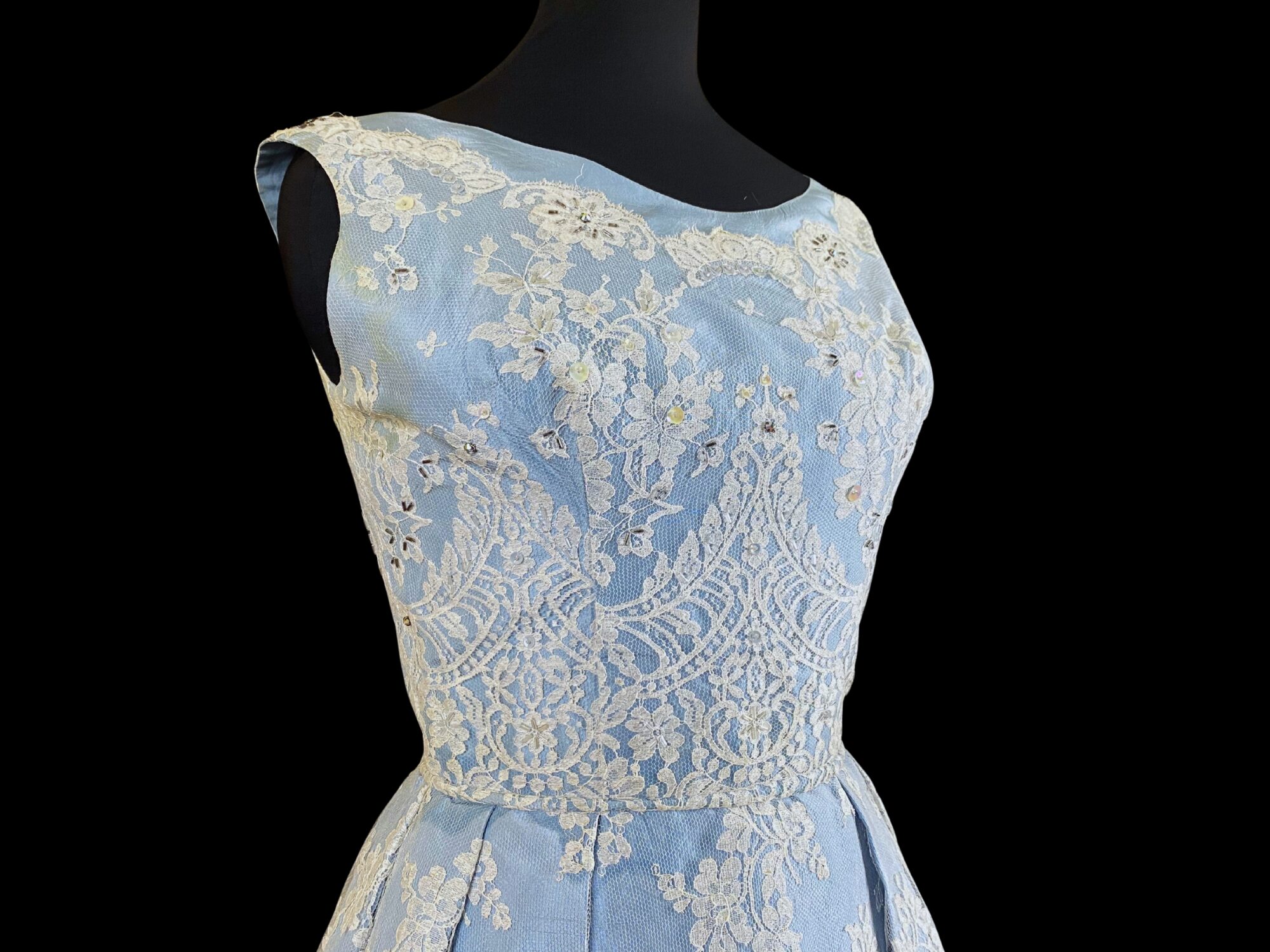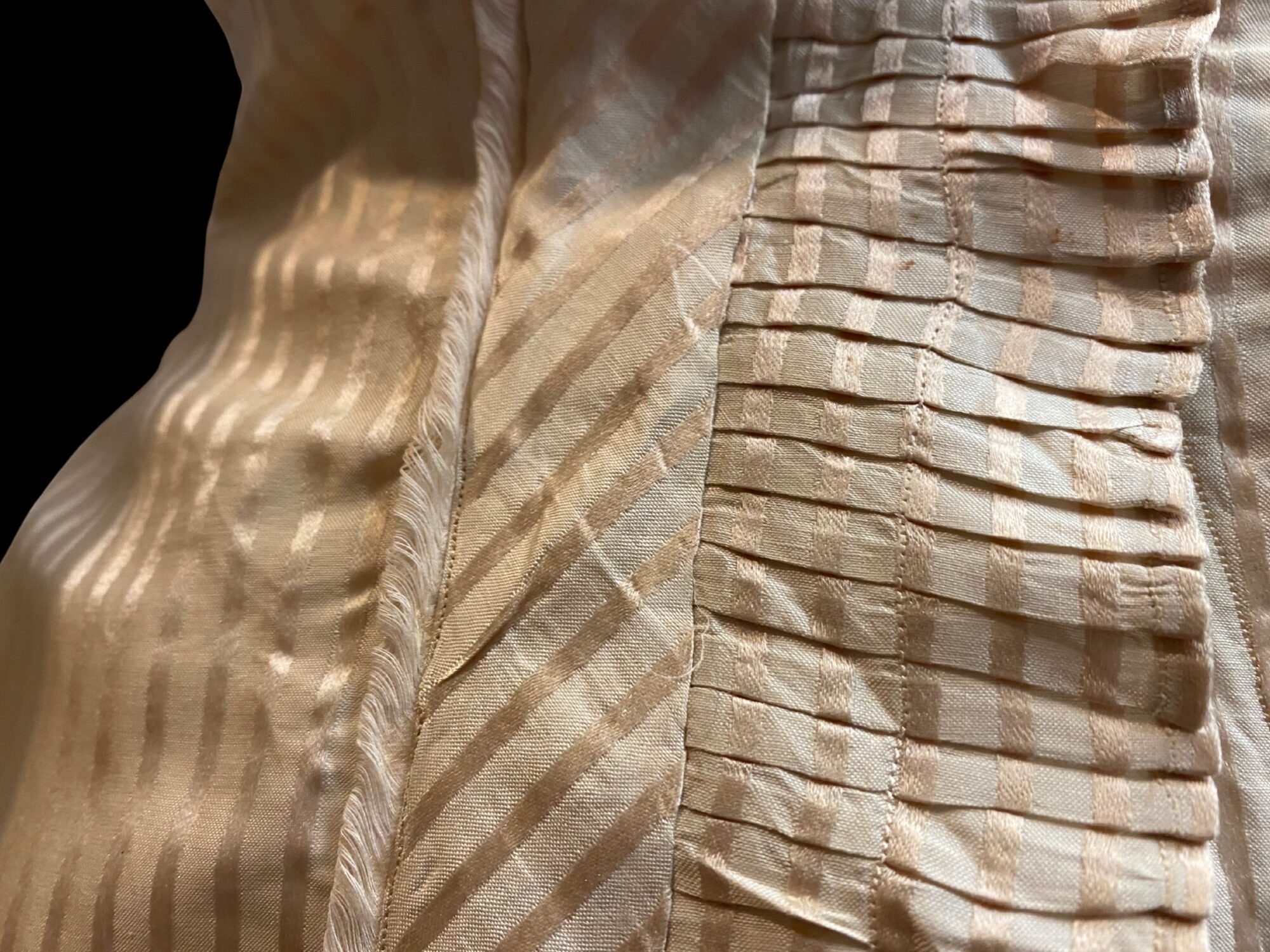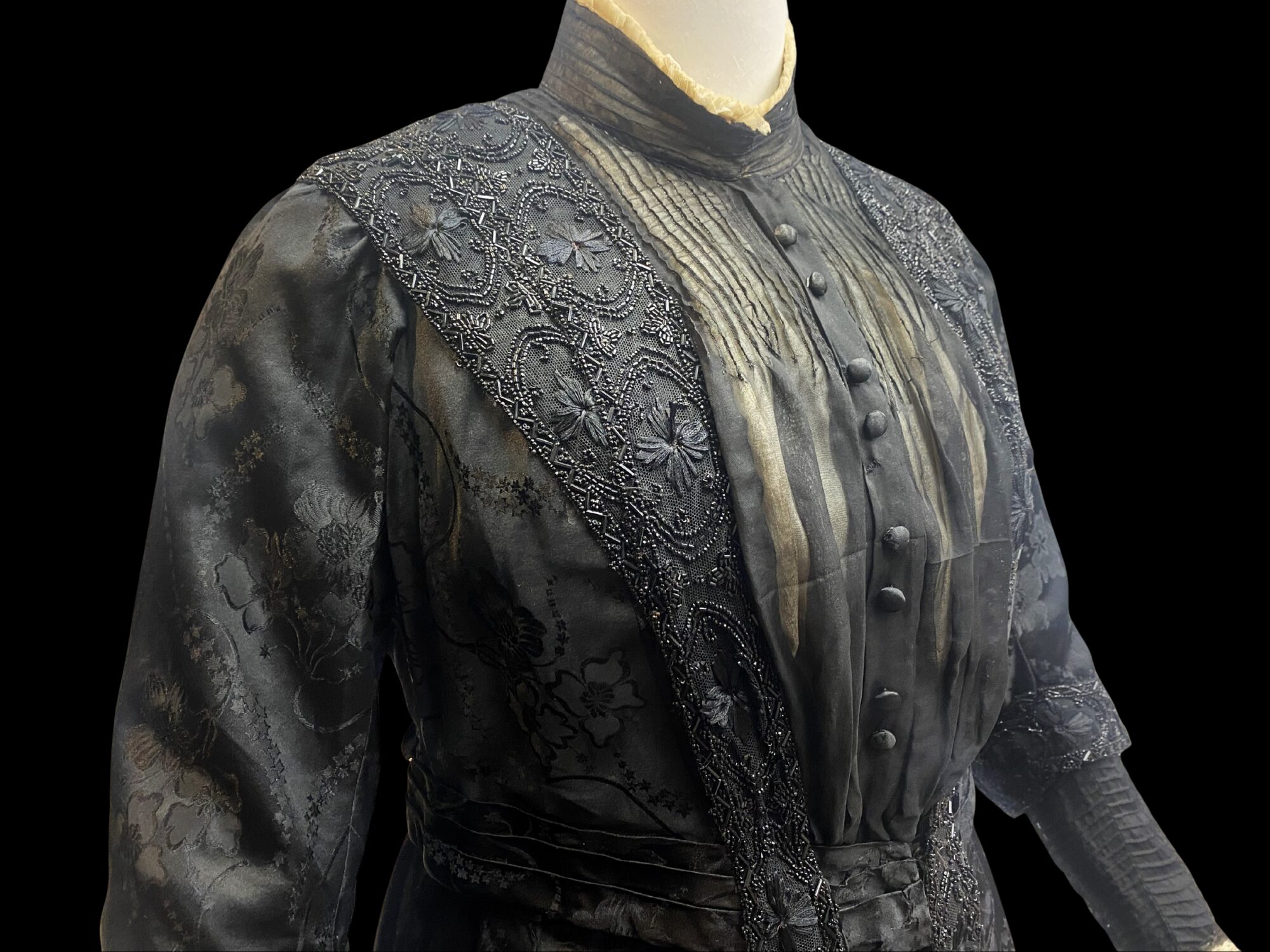Collection Stories
By Trish Nugent-Lyne.
A marriage notice appearing in the local newspaper reporting the wedding of a couple was a common occurrence through most of the twentieth century. The notice was usually printed in the lifestyle pages or the women’s pages, and was considered as local interest news. It was a trend that had started in the nineteenth century with well-off families announcing the joining of their sons and daughters. Since the late 1990s, very few weddings have been announced in newspapers. Only the odd stories of unusual or celebrity weddings are usually reported.
Wedding announcements are a great source of information for genealogists and historians and can lead to many interesting discoveries. As part of my research for the exhibition Here Come the Brides at Whanganui Regional Museum I looked at early Whanganui newspapers to see what I could discover about weddings in Whanganui.
The first local marriage notice in Whanganui appeared in the newly established Wanganui Chronicle on 28 October 1856. It was short and concise:
“Marriage. In this Town by license on the 28th inst., by the Rev William Woon, Wesleyan Minister. Mr W. J. Holder, to Mrs Wisdom”
So, who were W J Holder and Mrs Wisdom?
William John Holder was the oldest son of John Holder, a London cheese merchant, and Mary Ann Pritton of London. William John was born on 2 February 1816. When he was sixteen his mother died. In 1837 he became the father of a baby girl. Two years later in October 1839 he married Emma Miller, the mother of his daughter, in Lambeth, London.
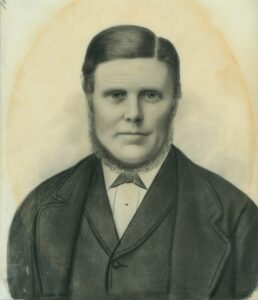
Opaltype, 1860s
WRM Collection 1978.66.11a
In 1840 William John, leaving his family behind, took passage on a ship bound for New Zealand, arriving in Wellington in February 1841. Shortly after his arrival, he journeyed from Wellington to settle and trade in Whanganui.
A letter sent to William John in November 1841 from his sister in England, Mary Ann Holder, painted Emma in a bad light, accusing her of acting like a prostitute and living with a married man. “My dear Brother, I have not written one word but what is true, I tell you it is still a great trouble to Father and your Family who take a great interest in you, for we fear if you find you are doing well, you will send for [her] which I am sure if you do you may rely upon it she will make you as miserable in New Zealand, as she did in England. Take a sister’s advice, and try to forget her”.
William had taken his sister’s advice even before he had received her letter as he was in a moe-māori marriage with Auriwa Pukehika from Pūtiki with whom he had a son, born in early 1842, and a daughter born in 1846. According to Holder descendants, Auriwa, and her daughter both died in 1848 and his son Thomas lived until 1918.
Mrs Wisdom, who was also named Emma (Emma Sophia née Barber), was the very recent widow of Richard Wisdom. Emma and Richard had migrated to New South Wales in October 1855. Emma had two young sons with her first husband.
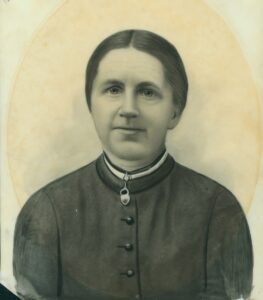
Opaltype, 1860s
WRM Collection 1978.66.11b
In colonial New Zealand there was no social welfare system and remarriage was an economic necessity for a young mother and her children. It is highly unlikely that William John was divorced from the first Emma before his subsequent weddings as England’s Divorce Law Act only came into being in 1857. Emma Sophia and William John went on to raise a large and successful family. William John Holder died on 4 February 1875 in Whanganui and Emma Sophia died on 9 July 1889.
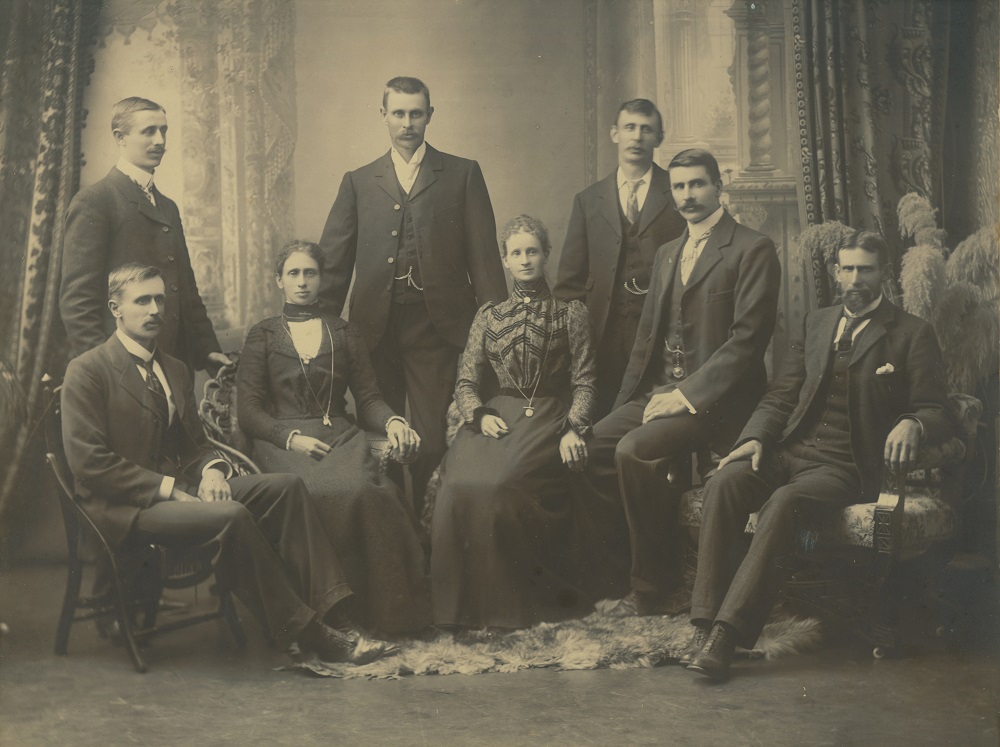
The sitters are identified right to left as: John, Arthur, Harry, Emma (later Mrs Walker), Charlie, Jinney (Mary Jane, later Mrs Drummond), George, and Victor.
WRM Collection 1978.66.14
By Trish Nugent-Lyne, Pou Tiaki/Collections & Curatorial Lead at Whanganui Regional Museum.
This article was originally published in Whanganui Chronicle, February, 2020.


